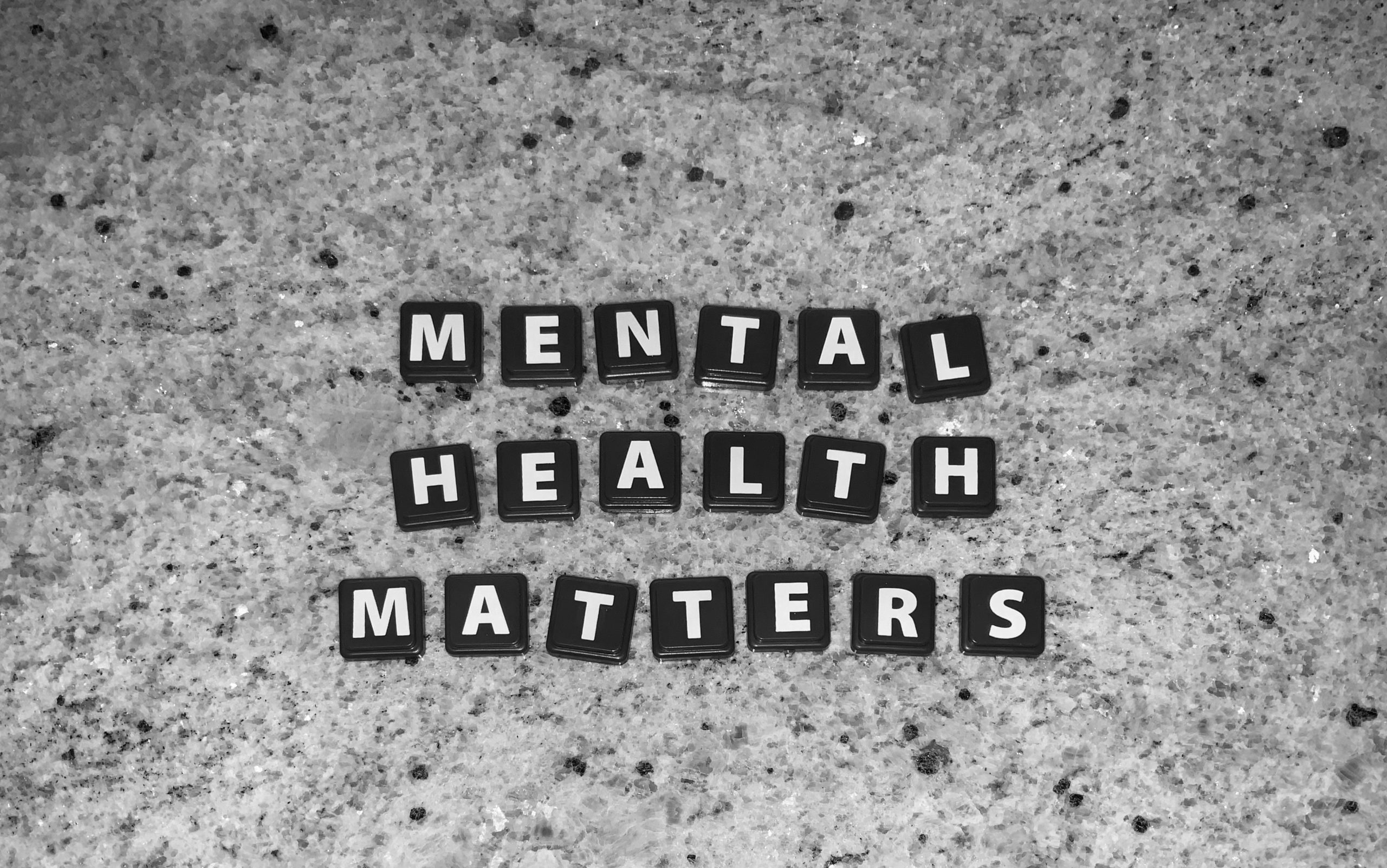Advances in Artificial Intelligence (AI) have been impressive in recent years. Language processing, speech recognition, and machine learning all have the potential to change the way we work and live, as Excalibur recently reported.
Those changes have reached the world of mental healthcare, and Toronto-based company Get A-Head is utilizing them to improve client outcomes and clinical training alike.
Get A-Head is a virtual counselling platform that provides therapy to people in a number of educational institutions — including over 1,300 York University community members. The platform makes use of AI technology called Natural Language Processing (NLP), which enables computers to understand text and spoken words in a similar way to humans.
Ahad Bandealy, the company’s founder and CEO, and is also trained in psychology, explains, “there are nuances [in language] that occur that are indicative of emotional or psychological distress… You’re able to track these words and find patterns over various contextual experiences.”
“When you’re stressed, you’re activating your amygdala — your sympathetic response — and you’re also diverting blood flow and oxygen away from your prefrontal cortex, which is responsible for language,” says Bandealy. This process triggers what he calls “linguistic indicators of distress.”
Get A-Head’s technology observes these indicators to recognize improvements or declines in well-being, enabling practitioners to adjust their care accordingly.
Coupled with the counselling platform, is the clinical training side of the technology, which the company says AI can help with as well. Bandealy took part in training at the start of his career, saying he “realized how many holes were in the system.”
Students training to become therapists need to take part in a set number of hours of practice with clients, supervised by an experienced practitioner.
Bandealy explains that for therapists-in-training, difficulties include trying to find clients and the space to conduct sessions, having to provide service at little or no cost, and finding time to meet with their supervisor. He also mentions case management troubles like recording notes and transcribing a session, which is usually taken back to the supervisor for feedback.
To simplify this process, Get A-Head’s software contains a suite of features for therapists, like text, video or audio options, instant transcription, in-program note taking, file management, and a digital one-way mirror so supervisors can observe the sessions in a discrete way.
Get A-Head’s AI technology can even help supervisors provide feedback to their students. It analyzes speech patterns and word usage to provide a number of qualitative metrics, including client-therapist rapport and improvements in well-being. Supervisors can use this information in tandem with session transcripts and notes to identify areas for improvement, ultimately breeding more effective mental health professionals.
“We want to focus on the outcomes the therapist can drive,” says Bandealy. “Our platform was built from the therapist’s perspective.”
Already a leader in AI-powered mental healthcare, Bandealy is optimistic when asked where the industry is headed. “I see [AI] to be the path forward,” says Bandealy. “Less so in this format of chatbots and things of that nature — humans will always want to connect with another human, at least in my humble opinion. Where you’ll see it is the ability to aggregate data and understand key data points, supporting practitioners in their prognosis.”
The program is free to post-secondary students in Ontario thanks to a partnership with the Ontario Ministry of Colleges and Universities, which Bandealy says “has alleviated a lot of stress” and has been “enormously helpful.”
Those interested can register and find more information here!


